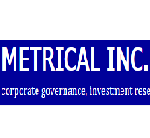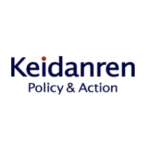In the Nikkei Business series on how to “wake up Japan”, Senior Chairman and former CEO of Japanese leasing and financial services company Orix Yoshihiko Miyauchi sees three mistakes that have led to Japan’s “lost three decades”:
- Allowing an asset bubble to develop in Japan the first place
- Not stabilising the economy after the asset price crash
- Not restructuring the Japanese banking system quicker – real restructuring did not happen until the 2000s, 10 years after the crash.
As a result, Japanese companies were “like tiny boats on a big ocean,
using all their energy to avoid large waves. Rather than innovate or
grow, they focused on cost cutting”, says Miyauchi.




